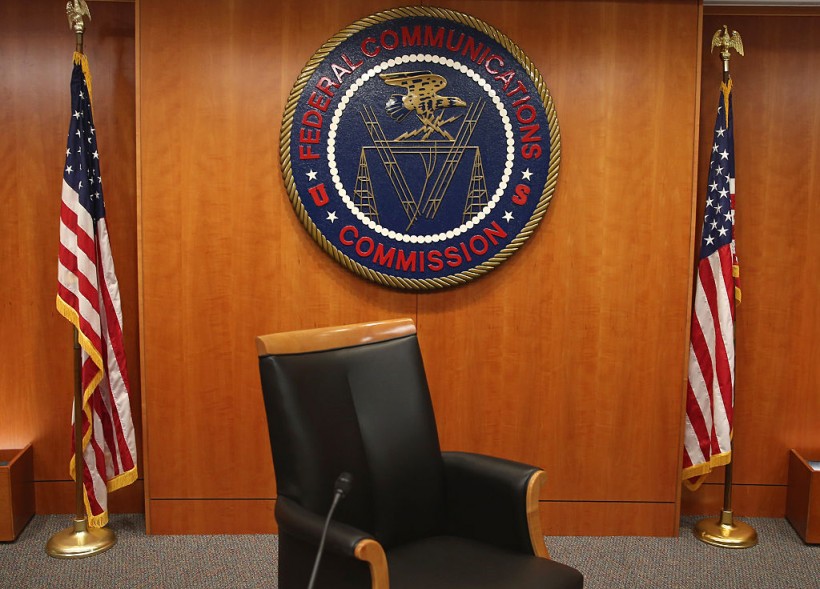As the Federal Communications Commission (FCC) issues a warning about the potential discontinuation of its Affordable Connectivity Program (ACP), concerns loom over low-income families' access to internet subsidies.

As the Federal Communications Commission (FCC) issues a warning about the potential discontinuation of its Affordable Connectivity Program (ACP), concerns loom over low-income families' access to internet subsidies.
Saving ACP
With the current funding for the program extending only until April, there is an urgent need for additional financial support to sustain the initiative beyond May.
Despite a previous push from the White House for a $6 billion extension to bolster the ACP, the looming funding shortage raises uncertainties about the program's continuity.
In response to this critical situation, The Verge reported that a bipartisan group of House and Senate lawmakers is taking proactive measures. These lawmakers are set to submit a bill aimed at rescuing the Affordable Connectivity Program.
The proposed legislation, known as the Affordable Connectivity Program Extension Act, seeks to secure a $7 billion extension, providing the much-needed financial backing to sustain the program and continue its vital support for low-income families seeking internet access.
Facing Resistance from Republicans
The article will closely follow these developments and shed light on the legislative efforts to safeguard essential internet subsidies for vulnerable communities. However, the proposed legislation faces resistance from Republicans in both the House and Senate.
CNN reported that the Republicans argue that the agency has failed to meet its responsibility to provide comprehensive statistics, particularly regarding the demographics of program participants and the number of individuals without prior internet access.
On the other hand, the FCC contends that almost 23 million households have successfully enrolled in the program, collaborating with a network of 1,700 internet service providers. Notably, the agency highlights a higher enrollment rate among rural households compared to their urban counterparts.
Launched in 2021 as a component of the Biden administration's infrastructure bill, the Affordable Connectivity Program has been a cornerstone of improving internet accessibility.
Under this initiative, eligible households can receive a $30 monthly subsidy for internet services (with an increased limit of $75 for specific households on tribal lands) and potential discounts of up to $100 on computer hardware.
President Biden has consistently prioritized programs that aim to expand broadband access since the beginning of his term.
FCC Chairwoman Jessica Rosenworcel emphasized in a letter to Congress that "millions of households" would lose the crucial $30 monthly subsidy without funding approval before April.
Notably, ArsTechnica reported that opposition from Republican lawmakers has surfaced, labeling the program as "wasteful" in a recent letter to the FCC.
Their contention revolves around the assertion that the majority of tax dollars allocated to the program have benefited households already equipped with broadband.
This argument positions the program as unjustified, with opponents suggesting that households losing the subsidy would still maintain their existing internet access. Nevertheless, the program addresses an ongoing demand.
Among those expressing this concern, 45% had a total household income of less than $25,000 per year. The survey revealed that, on average, they were willing to allocate $15.69 per month for internet services.
These figures underscore the persistent need for initiatives like the Affordable Connectivity Program to bridge the affordability gap in internet access.
Related Article: Biden to Provide Monthly Subsidy For Internet Costs: Find Out If You Are Eligible










